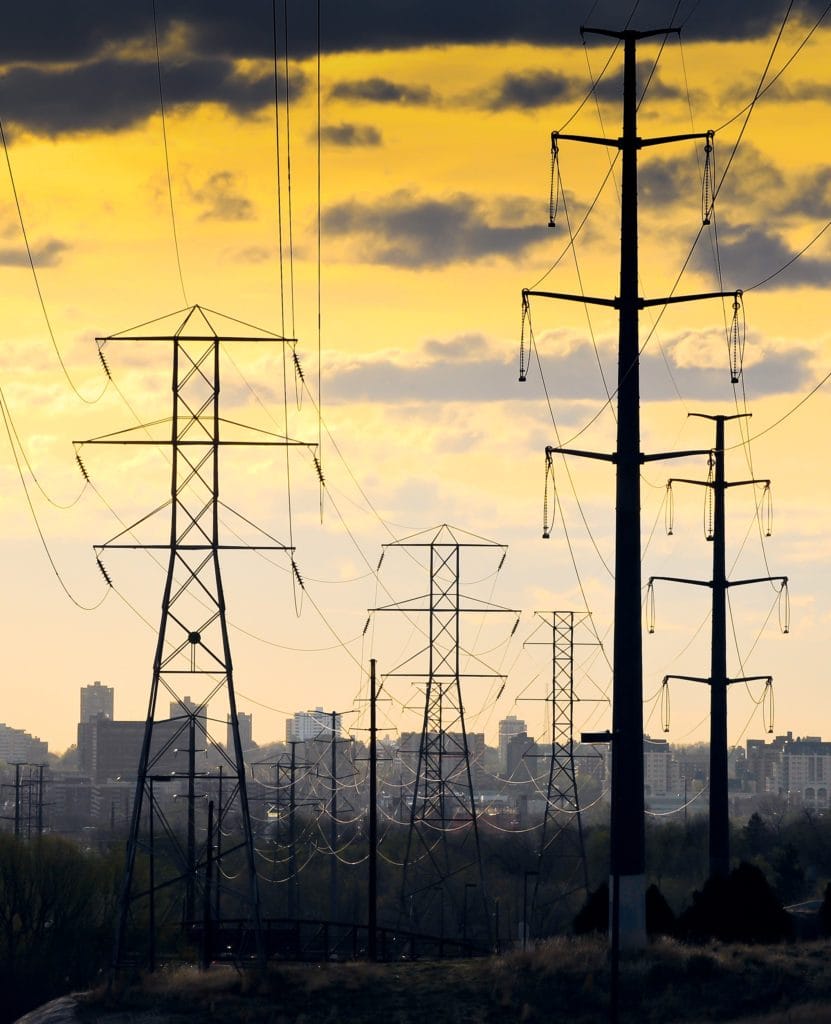Oregon
NWEC comments on the draft PGE Smart Grid Report
Click here for the NW Energy Coalition’s comments on the draft PGE Smart Grid Report.
Portland Monthly: Drink "green" this St. Patrick's Day with eco-friendly beers
This Portland Monthly article showcases how eight Oregon breweries have made strides to lower their carbon footprint by switching to renewable energy, recycling steam, sourcing local ingredients, installing efficient lighting, capturing methane, saving water, cutting transportation emissions and reusing spent grain. Raise a glass to these innovative breweries this St. Paddy’s Day!
Wendy Gerlitz takes policy helm, completing leadership team transition
Wendy Gerlitz, a NW Energy Coalition senior policy associate for the past four years, has become policy director for the organization. Gerlitz replaces longtime policy director Nancy Hirsh, who is now the Coalition’s executive director. Both changes became effective Jan. 1, the date on which Sara Patton officially stepped down after 20-plus years as Coalition director.











